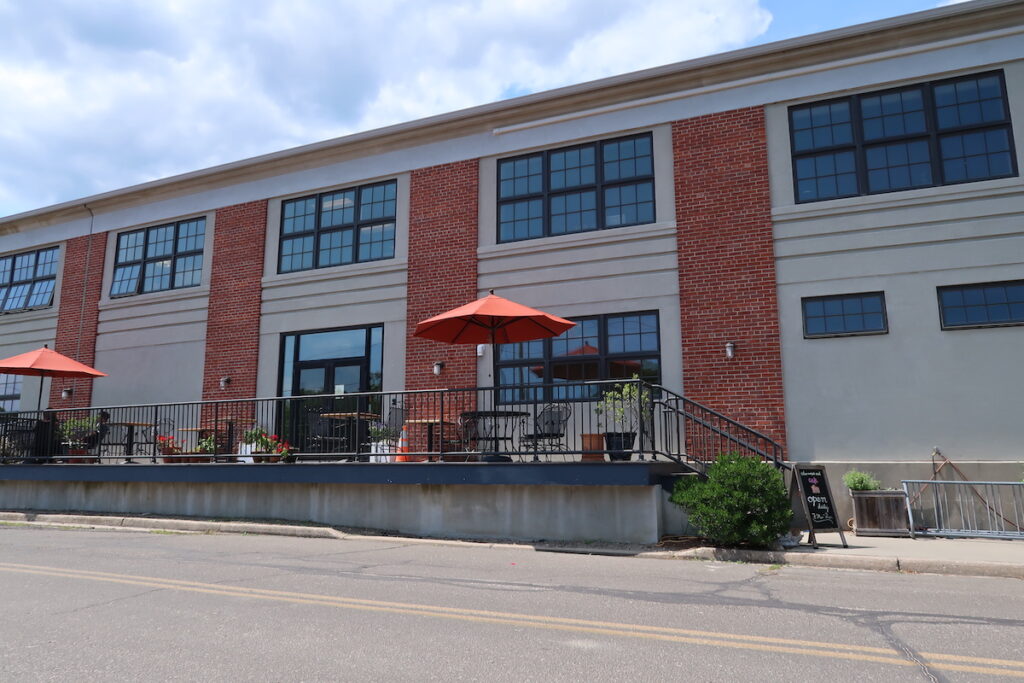Sneezing, wheezing, itching?
If you suffer from seasonal allergies and think they’re worse here on the North Fork than ever before, you might be right.
Allergist Erin McGintee recently returned to her roots here after practicing in Princeton, N.J. Now with Peconic Ear Nose Throat and Facial Plastic Surgery in Riverhead, she said that her own allergies are worse here than they were in New Jersey.
“It’s been pretty rough this year,” Dr. McGintee said in a telephone interview last week. She grew up in Aquebogue and doesn’t remember an allergy season this brutal.
Fellow allergist Lawrence Walser, who practices in Riverhead, blames an early, warm spring that followed heavy March rains. Flowers and leaves have been blooming earlier and the amount of pollen in the air is high, Dr. Walser said.
So what’s an allergy sufferer to do?
The first step is to identify the problem, Dr. McGintee said. It’s that age-old question this time of year: Is it an allergy, a cold or something else?
“It can be tricky,” Dr. McGintee said about determining the answer. There are a few general guidelines. Allergies won’t cause a fever, she said. Patients rarely get itching with a cold and allergies generally don’t cause body aches and pains, she said.
If you’re convinced it’s an allergy, try to determine your triggers and do your best to avoid them, Dr. McGintee said. Stay inside, especially in the morning when the pollen count is highest, she said. And shower at night. That way, you won’t be taking to bed the pollen that has accumulated on your body all day. Keep your windows closed when the pollen count is high, she said.
“It’s probably going to last a while,” Dr. Walser said of the spring allergy season. And there’s not a lot that’s new in his arsenal of medications to treat your symptoms, he said.
Pills, nasal sprays and use of neti pots to clear your sinuses are the basic treatments; there isn’t any new class of medications for seasonal allergies, he said. The brand names may change, but the basic medication remains the same.
Can you depend on over-the-counter medications?
For many patients, the answer is yes, Dr. McGintee said. But if they’re not working and post-nasal drip is bad, you may need a prescription, she said.
Not fond of medications? There’s another route: acupuncture.
Is it something new in the arsenal of treatments for allergies? Licensed acupuncturist Kaitlyn Mitchell, who practices in Aquebogue, laughs at the question.
“It’s been used for 3,000 or 4,000 years,” she said.
“The beauty about acupuncture is it’s customized to the person who’s using it,” said licensed acupuncturist Michelle Iona of Riverhead.
“It’s based on energetically balancing the body,” said Southold licensed acupuncturist Susan Meyer.
All three recommended that if you go the acupuncture route, you should choose a licensed acupuncturist, not someone who is only “certified” in the practice. A licensed acupuncturist has thousands of hours of experience; a certified acupuncturist may have only a few hundred hours of experience, Ms. Iona said.
Initial sessions with all three women include getting a full medical history and starting treatments with the tiny needles, which are painless, they said. They all use herbs and recommend the use of neti pots and vitamin supplements.
Ms. Mitchell encourages her patients to start treatments before the allergy season begins. By starting in February, she said, she is able to assist patients building their immune systems before the pollen count begins to soar.
“It takes a little patience on the patient’s side,” Ms. Mitchell said. “It’s not that you’re never going to sneeze again, but symptoms are less severe and occur less often.”
There will be improvement after the initial treatment, Ms. Meyer said.
“I’m pretty pleased with my patients’ results,” she said.
Diet is also an important factor, Ms. Iona said, explaining hat allergy patients need to avoid dairy products that thicken mucus and aggravate symptoms. She also wants her patients to drink a lot of water to flush out their systems.
And how about the cost? A number of insurers will now cover acupuncture, the women said. But for those who must bear the financial burden themselves, an initial session will run between $85 and $90 and follow up sessions are about $60. The number of sessions varies with the patient, but generally range from five to 10 visits, Ms. Mitchell said.







